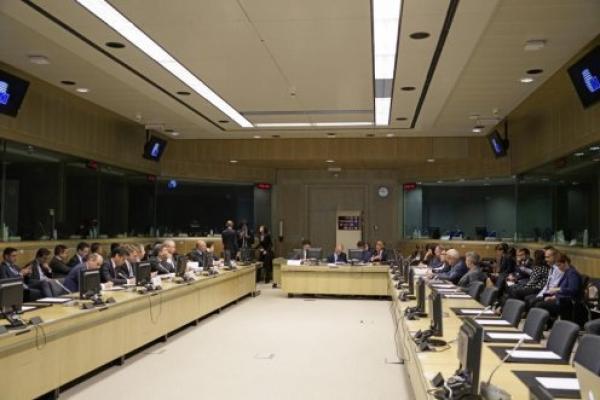“According to Hungary’s standpoint, fair competition must be established to protect Hungarian and EU rice farmers from the increasing imports that are arriving from third countries. We would like to place special emphasis on rice production during development of the framework for the Common Agricultural Policy beyond 2020”, Minister of Agriculture Sándor Fazekas said in Brussels following the signing of the joint statement.
In the statement, the agriculture ministers of eight EU member states called on Brussels to take concrete steps to protect European rice production. Prior to the meeting of the Agriculture and Fisheries Council on 17 July, the agriculture ministers of Hungary, Bulgaria, France, Greece, Italy, Portugal, Romania and Spain put forward their proposals to the European Commission in a joint statement.

photo: Ministry of Agriculture
The annual rice consumption of the European Union is around 3 million tons. One third of this quantity currently comes from imports. EU rice imports are increasing every year thanks to the favourable import quotas provided during the course of free trade agreements with third countries conducted by the European Commission in representation of the EU, while internal production is gradually decreasing.
In the 1960s, rice was cultivated in Hungary on a production area of almost 50 thousand hectares. Currently, rice is being grown in Hungary on a production area of just 3,000 hectares. According to Mr. Fazekas, the competitiveness of Hungarian rice production may be improved through increasing crop yields, towards which the Hungarian Government is providing all necessary assistance to the sector.

Photo: Ministry of Agriculture
The Minister also highlighted the fact that the cultivation of rice, which is extremely important from a nutritional perspective, is also highly significant from an environmental protection and land usage perspective.
Rice production plays a particularly important role in the trans-Tisza region with relation to maintaining rural work opportunities. Rice production is much more labour intensive than most other sectors of arable crop production, meaning it provides a living for locals in areas that are most affected by unemployment.
(Ministry of Agriculture Press Office)



